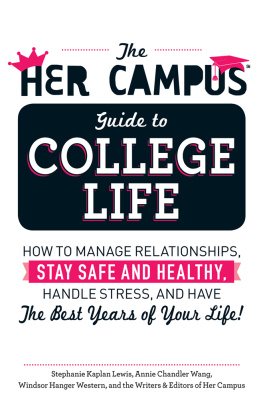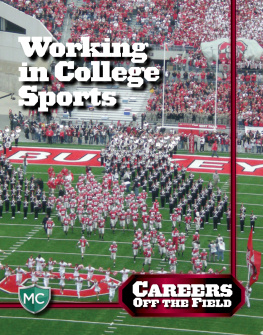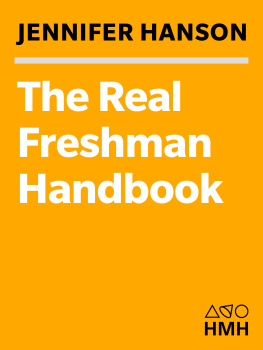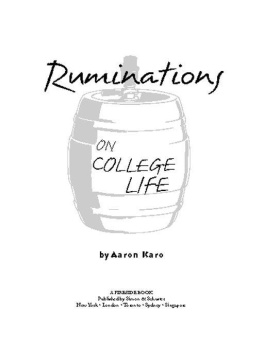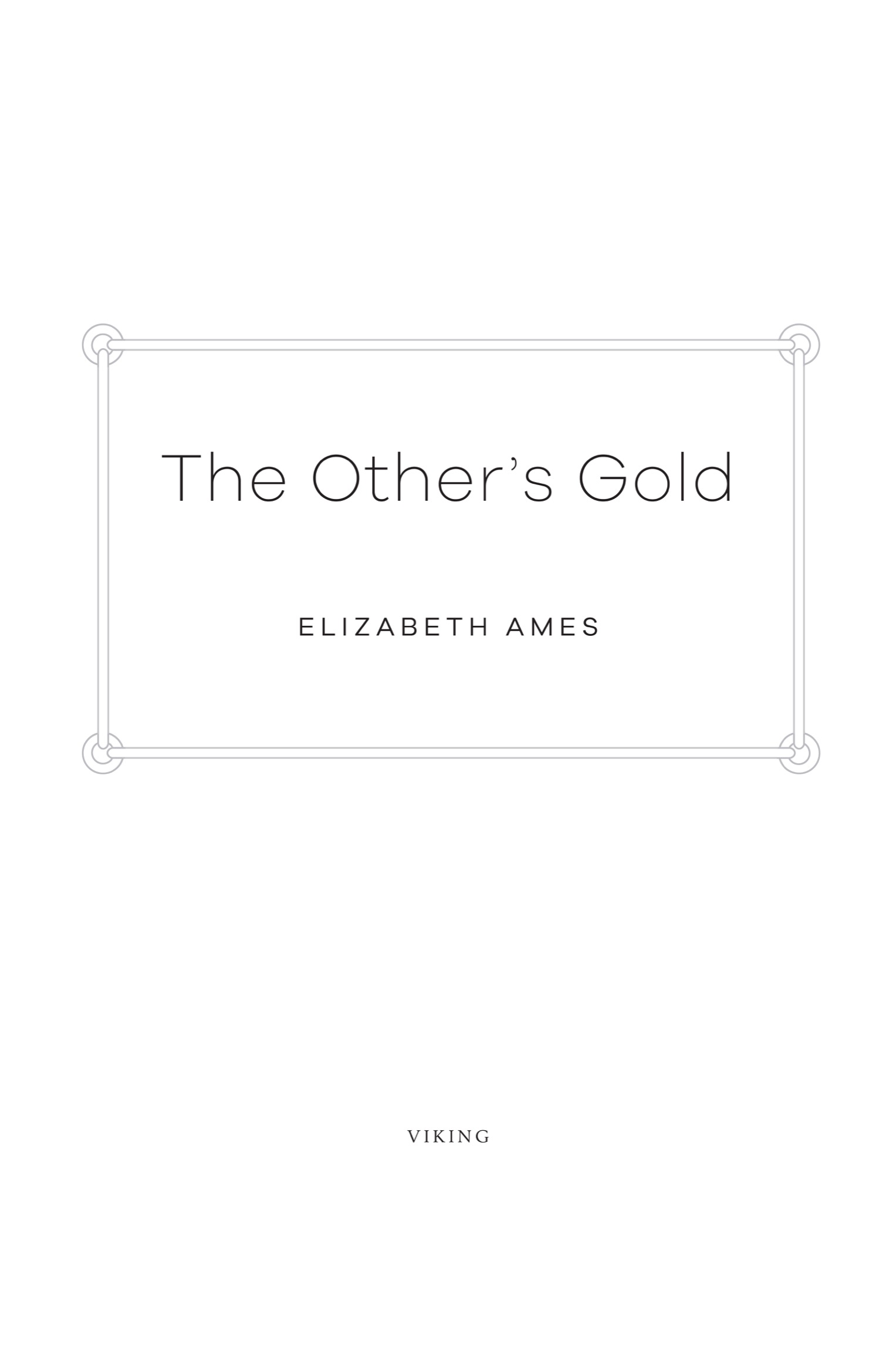VIKING
An imprint of Penguin Random House LLC
penguinrandomhouse.com
Copyright 2019 by Elizabeth Ames Staudt
Penguin supports copyright. Copyright fuels creativity, encourages diverse voices, promotes free speech, and creates a vibrant culture. Thank you for buying an authorized edition of this book and for complying with copyright laws by not reproducing, scanning, or distributing any part of it in any form without permission. You are supporting writers and allowing Penguin to continue to publish books for every reader.
LIBRARY OF CONGRESS CATALOGING-IN- PUBLICATION DATA
Names: Ames, Elizabeth, 1981 author.
Title: The others gold / Elizabeth Ames.
Description: New York: Viking, [2019] |
Identifiers: LCCN 2019001133 (print) | LCCN 2019005427 (ebook) | ISBN 9781984878595 (ebook) | ISBN 9781984878496 (hardcover)
Classification: LCC PS3601.M477 (ebook) | LCC PS3601.M477 O86 2019 (print) | DDC 811/.6dc23
LC record available at https://lccn.loc.gov/2019001133
This is a work of fiction. Names, characters, places, and incidents either are the product of the authors imagination or are used fictitiously, and any resemblance to actual persons, living or dead, businesses, companies, events, or locales is entirely coincidental.
Cover design by Jaya Miceli
Version_1
For Jenny
A circles round, it has no end
Thats how long I want to be your friend
Make new friends, but keep the old
One is silver and the others gold
GIRL SCOUT SONG
What do you do with the mad that you feel,
When you feel so mad you could bite?
When the whole wild world seems oh, so wrong
And nothing you do seems very right?
What do you do?
FRED M. ROGERS
Prologue
Each of the four noticed the window seat first when she walked into their common room. Alice balanced her knee on the ledge, did a calf stretch. Ji Sun ran her fingers along the edges of a tasseled throw pillow, thought briefly of the pasties shed seen in the back pages of the free weekly newspaper. Margaret sat straightaway, crossed her legs at the ankles as if posed for a portrait, and gazed out the window while her older sister unpacked her boxes. Lainey stacked the cushions off to one side and did a secret spin on the bare bench, perched high above the courtyard. Framed in the window, backed by leaves blinking in the breeze, she celebrated the small spell of freedom after her parents left but before her suitemates returned to the room.
How they became friends was no great mystery, but how they remained so, braiding their lives together beyond their shared college quarters, transcended the usual alchemy of optimism and obligation that kept friendships intact, kept people from fading into other categories: old friend, college friend, just someone I once knew. None of the four would ever be just anything to the others, and the window seat was practice, then, for benches upon which theyd later huddle: in the antechamber of the deans office; in hospital waiting rooms; in the parking lot outside the psych ward, gathering the courage to face their friend.
First, they were all second daughters, a fact theyd found so moving and improbable when they discovered it that first day in their suite together that they were certain the housing office had used this piece of information to place them, some kind of complicated, mystical algorithm that also accounted for their rainbow of hair colors: Laineys dyed cherry, Alices blond, Ji Suns black, and Margarets brown. That they could all be bright enough to have gained admission to Quincy-Hawthorn College and not think first of their last namesan R, an S, two Tsdid not make them laugh until later, and then only to offset the disappointment that they had been brought together in a manner so base and clerical.
There was also the window seatthe luck and unlikelihood of having one in a freshman common roomwith its picture windows overlooking the courtyard, burgundy cushions threadbare but still sumptuous with a kind of worn wealth that fit, better than the rest of the room, with its modular beds and box dressers, their imaginings of what college would be like. They didnt know theyd gotten the window seat suite thanks entirely to Ji Suns familys contributions, but the seat kept them in the same suite for the full four years, and kept them in their room more than they mightve been if, like other freshmen, theyd had to go searching for a space like theirs. They came back from holiday breaks with little embroidered pillows and hanging plants, stained-glass discs and dream catchers, made the seat the center of their place, their friendship, their lives. When they remembered their time in college, they saw the seasons from the window seat. They watched leaves and snow and rain and cherry blossoms fall from behind the black cutaways of one anothers silhouettes. The memories faded or were replaced by photographs of the four piled together on the center bench of the bay windows, oblivious to the light streaming in from behind, eclipsing their distinct forms and making them one shape with four heads. The person charged with taking the photograph would become distracted by the four girls and their faces, the easy way they tossed their limbs around each other, how their hair fell on one anothers shoulders, how their cheeks touched and shone. The four bunched together like one giggling living organism, blurred by their vitality, frenetic with the desires and powers of youth. But in the photographs they were stone, backlit and blurred further together by the darkness, expressions inscrutable, made monument.
Others sat beside them in some pictures: boyfriends and girlfriends, strangers at parties, future husbands, the professor, their parents and siblings.
Their worst acts sat beside them, too, though only Alice had committed hers before they arrived. Ji Sun would do hers the following year, when they were sophomores, and Margaret would wait until after graduation. Lainey was last, wouldnt do her worst until they began having babies.
Were they waiting then, huddled together on that bench? Could they sense their gravest mistakes beside them, or know only that they would need to stay within reach of one another as they tested, in turn, how far they could wander from their shared shore before they risked being swept out to sea? Not waving but drowning, they read in a poem in a sophomore seminar, and though only Ji Sun memorized it, all could understand the risks, saw in one another the potential for loose footing, misjudged depth, rocks in pockets. They stayed bound together to witness, yes, and to reassure the others they were more than their worst choices, to measure their own cruelties and mistakes against the others, same as they would do with their joys and triumphs. But what kept them together more than any of this was the hope that they might map this fine distinction in one another, between waving and drowning, between merely being out to sea some and being swept away, swallowed.
PART I
The Accident
FRESHMAN YEAR,
20022003
Chapter 1
After their room, the four spent the most time together in the dining hall, so called as though anyone could mistake its vaulted ceilings, tree-length tables, and brassy chandeliers for anything so pedestrian as a


